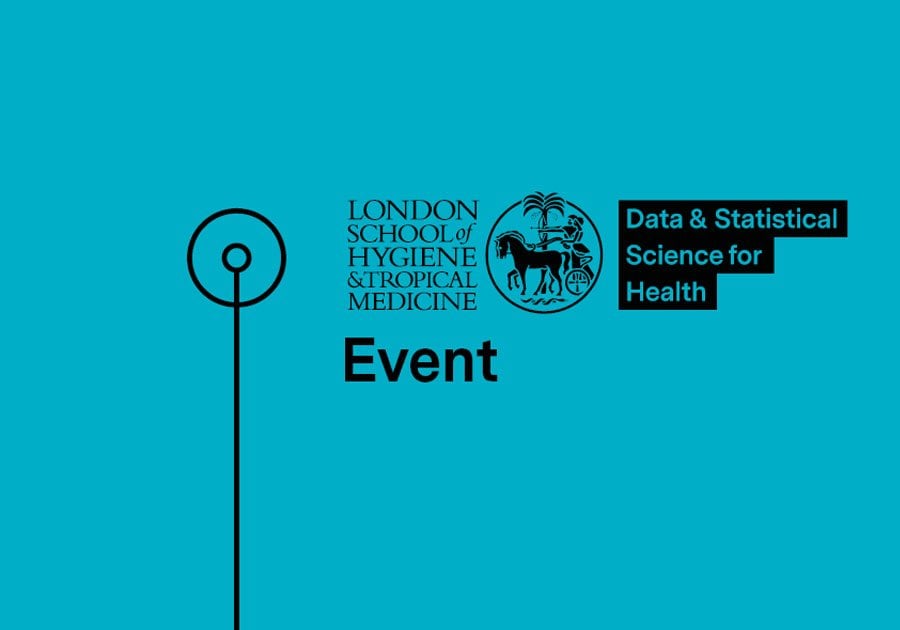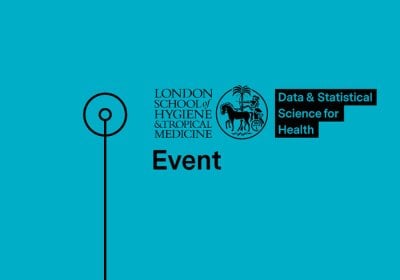Causal inference in environmental health
As part of a seminar series on Causal Inference in Environmental Epidemiology, Dr Marie-Abèle Bind will discuss how causal inference is essential for understanding how environmental exposures impact health.

The field of environmental health has been dominated by modelling associations, especially by regressing an observed outcome on a linear or nonlinear function of observed covariates. Readers interested in advances in policies for improving environmental health are, however, expecting to be informed about health effects resulting from, or more explicitly caused by, environmental exposures.
The quantification of health impacts resulting from the removal of environmental exposures involves causal statements. Therefore, when possible, causal inference frameworks should be considered for analysing the effects of environmental exposures on health outcomes.
In this talk, the first in a series of seminars of the Causal Inference in Environmental Epidemiology, Dr Marie-Abèle Bind will discuss how causal inference is essential for understanding how environmental exposures impact health.
This seminar series, part of DASH’s Improving Environmental and Planetary Health challenge, will use real-world examples and critical discussions to explore challenges in assessing causality in environmental epidemiology, and highlight innovative approaches to improve public health insights.
It will consist of three seminars given by speakers from Harvard Medical School, Harvard T.H. Chan School of Public Health and North Carolina State University, followed by a fourth internal LSHTM panel discussion event.
Speaker
Marie-Abele Bind is an Assistant of Investigation at the MGH Biostatistics Center and an Assistant Professor at the Harvard Medical School. Her research interests focus on developing causal inference methods for quantifying the effects of randomised and non-randomised exposures on various outcomes and understanding the mechanisms explaining these effects. Her current research has been funded by the NIH Early Independence Award program.
She completed her joint PhD in Biostatistics and Environmental Health at the Harvard School of Public Health, working with Professors Joel Schwartz and Brent Coull. She then became a Ziff Postdoctoral Fellow at the Harvard University Center for the Environment. In 2016, she was awarded an Early Independence Award (NIH High-Risk High-Reward research grant) and became Research Associate in the Department of Statistics. From 2017 to 2021, she became a John Harvard Distinguished Science Fellow.
Event notices
- Please note this event is virtual only.
- Please note that the recording link will be listed on this page when available.
Admission
Contact
